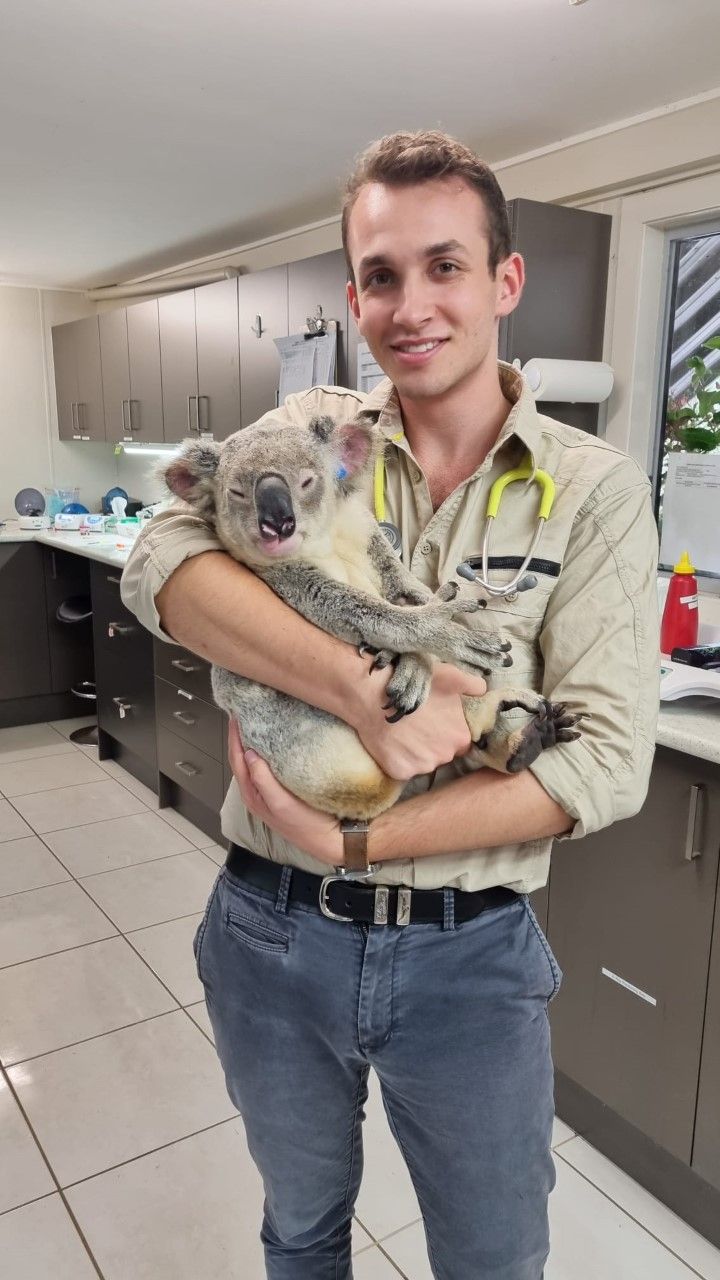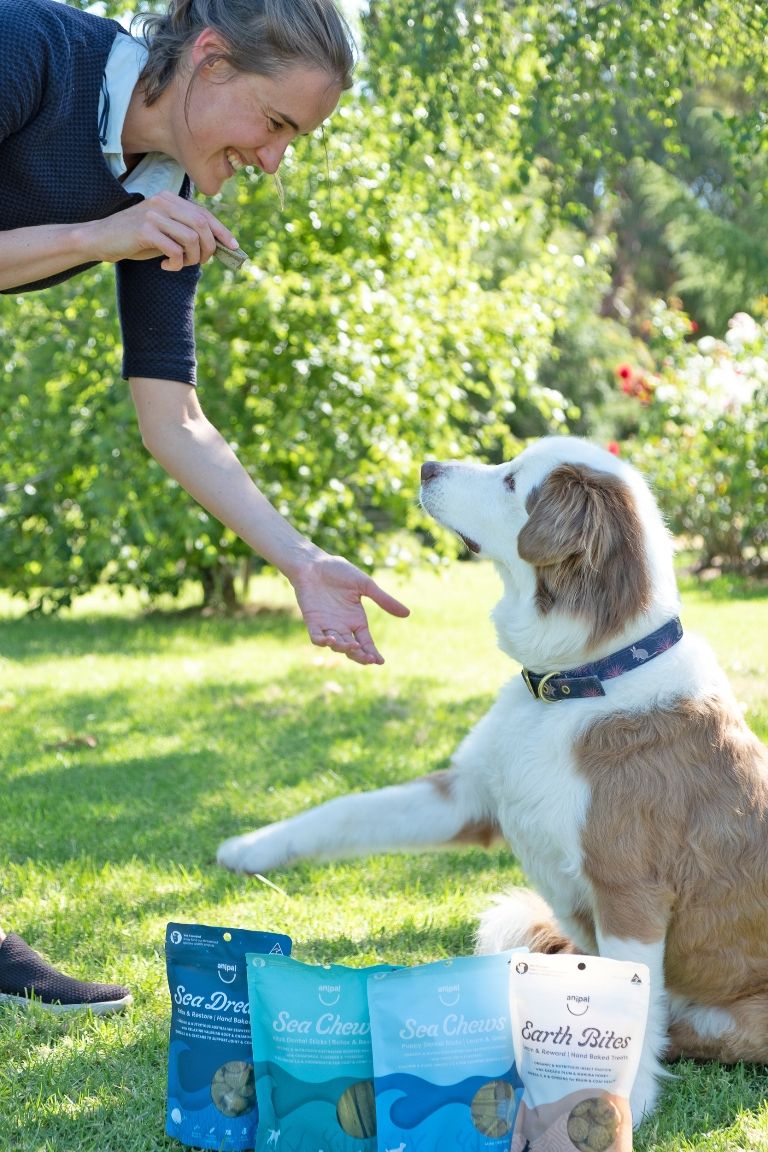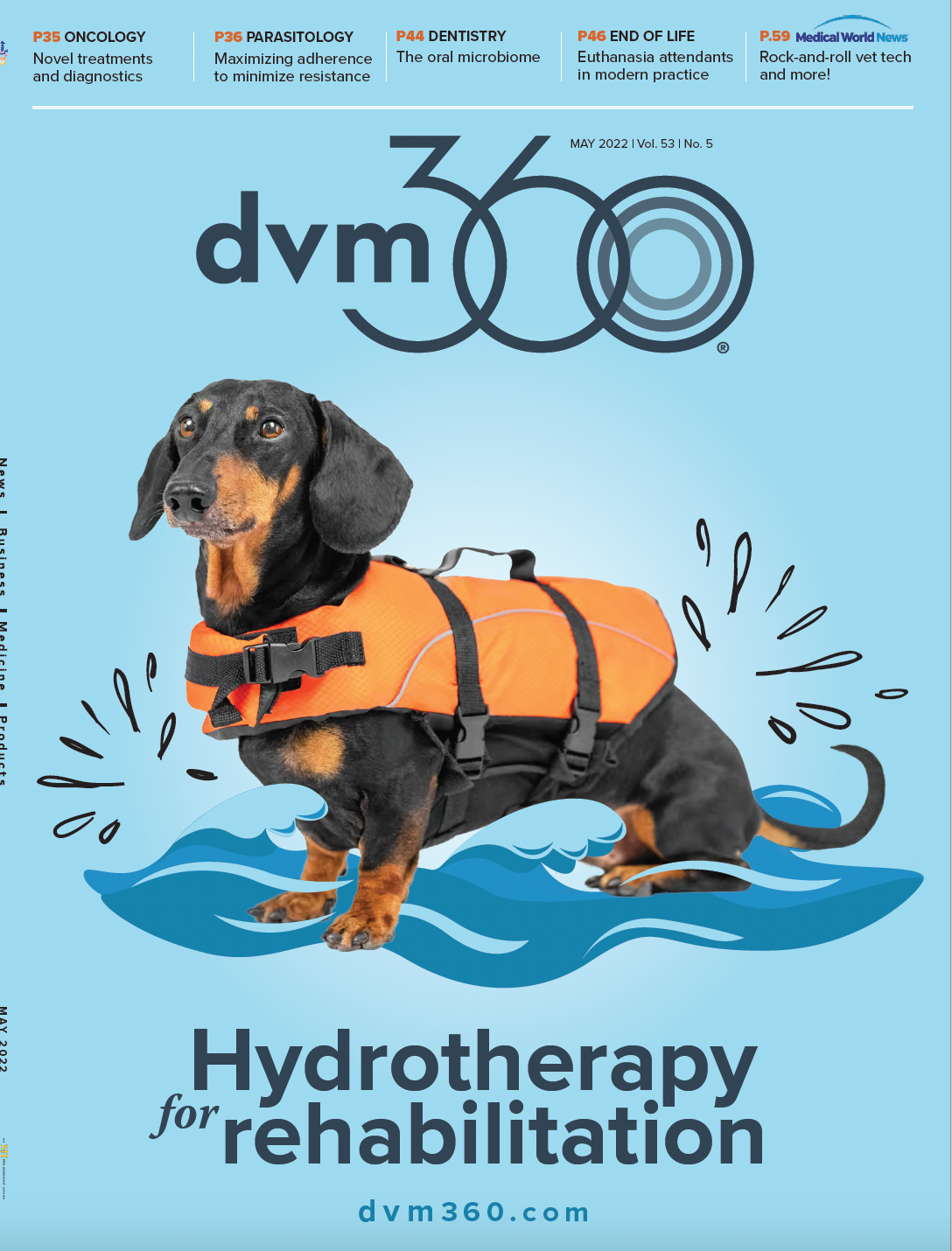Veterinary scene Down Under: Koala research, plus sustainable pet products and more
dvm360’s Australian correspondent reports on the veterinary ecologists working to improve the health of koalas and on a veterinarian driving change by rethinking and redesigning everyday pet products.
Koala research uses innovative field tracking
Dr Julien Grosmaire, Endeavour Veterinary Ecology (EVE) veterinarian (Photo courtesy of EVE).

In February 2022, the government upgraded the koala from vulnerable to endangered species, owing to loss of habitat, disease, and the impact of bushfires. In 2020, a parliamentary report into koala populations and habitat in New South Wales stated that without urgent intervention to address all threats, including to marsupial habitats, the koala would become extinct in the state before 2050.
Queensland-based Endeavour Veterinary Ecology (EVE), is a consultancy with expertise in the management of wildlife, particularly koalas. Its team is working to improve field tracking and monitoring devices to surveil the health of koala populations and also researching vaccines to prevent chlamydiosis, one of the most common diseases in these marsupials.
“EVE has collaborated with LX to design, build and deploy a solar-charged GPS tracking device called the K-Tracker. This tracker sits around the koala’s neck on a breakable collar which sends updates to the cloud at regular intervals, reporting the location of koalas and their activity,” explained EVE veterinarian Julien Grosmaire.
“This informs us of the individual koala’s exact position, including whether they are in danger zones, as determined through geofencing, and records a history of their past locations. It also informs us on individuals interacting as well as low activity periods, prompting our field team to check the individual for problems, such as ill health or [even] death.”
The K-Tracker developed by LX for EVE won an Australian Good Design Award (product design) in 2021, in recognition of its accurate reporting, robust design, and ultra-low power use.
“We’re constantly looking at ways to improve our K-Tracker collars [in terms of] research and monitoring capabilities as well as comfort for the koalas. The data we collect is used to inform the management and health status of [the] various koala populations that we manage,” Grosmaire told dvm360®.
The team at EVE is also working on the testing of several koala chlamydia vaccines. Chlamydiosis is a real welfare problem in some populations of koalas, causing pain, infertility, and ill-thrift.
“Many years of research have gone into the development of these vaccines, and an effective vaccine would be a true game changer. Our work allows for large-scale controlled trials to be run, which will better inform us on vaccine effectiveness.”
“Polymerase chain reaction (PCR) testing and Loop-mediated isothermal amplification (LAMP) testing are currently the standard for detection of chlamydial infection in koalas. We, along with research collaborators, are looking into ways to make this testing easier and faster,” Grosmaire said.
Sustainable pet products that help wildlife as well
Dr Stephanie Stubbe, founder of Anipal (Photo courtest of Anipal).

Having seen more than enough wildlife with preventable morbidities caused by plastics and pollution, veterinarian Stephanie Stubbe decided to help put an end to it and founded Anipal, a company that recycles post-consumer plastic bottles into pet products and supports threatened species in the process.
Stubbe grew up on a farm in rural New South Wales and worked for an AgTech accelerator during her veterinary studies. After graduating, she worked for RSPCA Victoria, and in addition to clinical work she set up Anipal to help the veterinary industry drive sustainable change.
“Anipal...rethink[s] and redesign[s] the everyday things we use in the vet and pet industry from a sustainable, functional, and scientific perspective, to ensure we have a light environmental footprint,” said Stubbe. “Proceeds from our sales go to coordinating and supporting threatened species projects, ensuring we are helping on the ground also.”
Stubbe’s time working at the RSPCA, where she treated animals suffering from auto accidents, littering, and a myriad of pollutants, reinforced her drive to make a positive difference for wildlife.
“This experience led me to consider how the vet and pet industry could help drive sustainable and preventative change…Without a doubt, the skills…we practice daily as clinical vets parallel [with] what is required in business,” explained Stubbe.
“In the clinic, we make treatment decisions by piecing together history and clinical signs. In business, the same problem-solving approach is required. Through asking questions, researching, and developing an action plan, business ideas can be trialed and tested. Additionally, as a vet you need to keep an open mind and keep learning and developing; the same traits are required in growing an evolving business.”
Anipal recently launched a range of carbon-positive, functional treats that target particular pet conditions, including allergies, anxiety, and arthritis. The company is also supporting various projects to help threatened species.
“We incorporate unique complete proteins [into the treats] and have created the only dental chews that provide additional functional and health support. We have also just launched our recycled feline tethering range, the only sustainable offering on the market, which supports and celebrates our threatened species and boosts awareness about gold-standard feline husbandry and wildlife management,” said Stubbe.
“Our own threatened-species projects are underway. We’ve built nesting boxes to provide breeding and habitat opportunities for sugar gliders, squirrel gliders, and barn owls. We’ve also partnered with RSPCA Victoria to support their wildlife unit and WWF-Australia to help support their Regenerate Australia program.”
